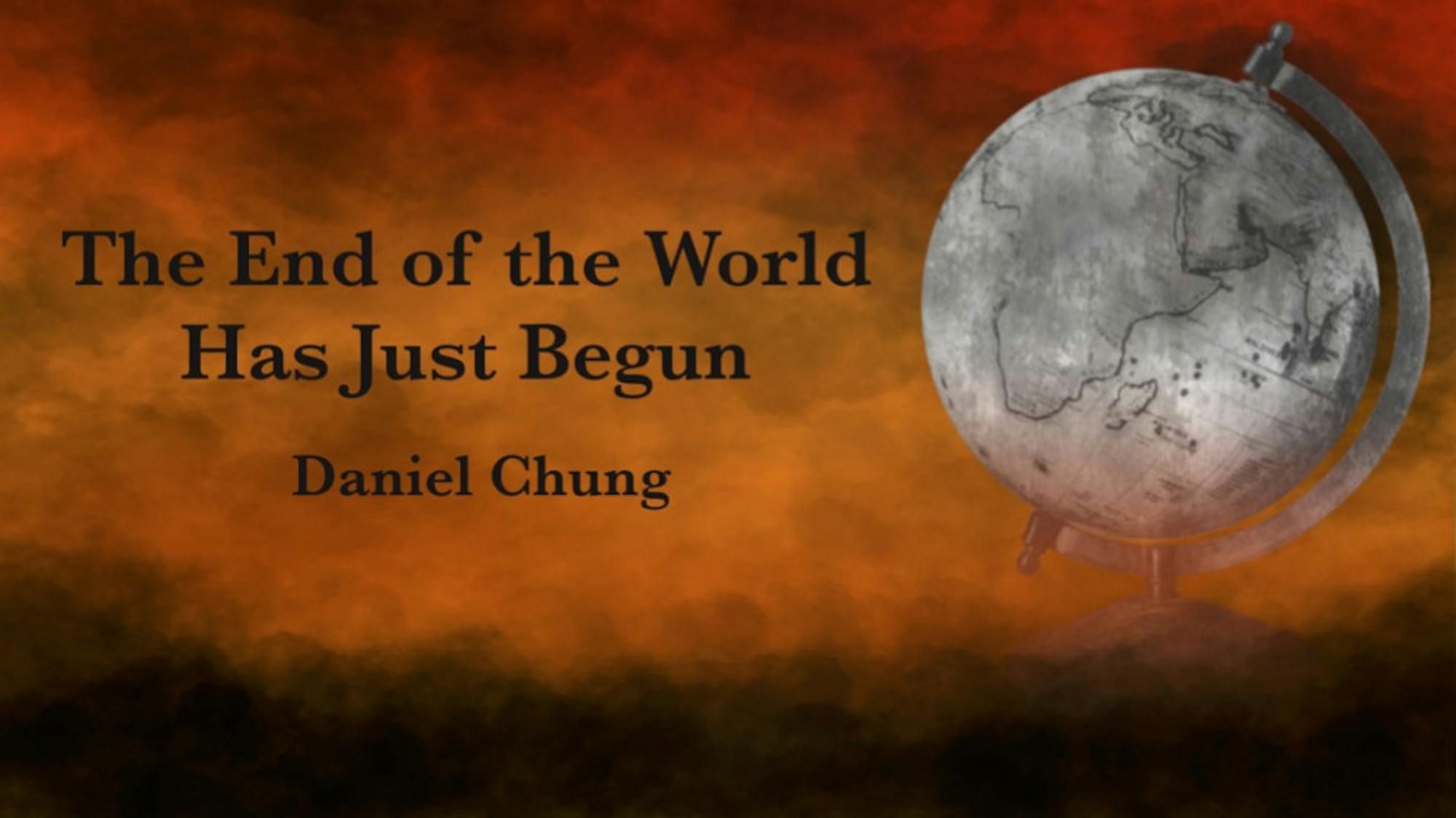The next three decades — at least — in global politics are bound to be a wild ride. Even if my previous columns are incorrect in their predictions — and I do hope that the scale of the global collapse and regional conflicts to come will not be as devastating as I fear — the major trends of depopulation, deglobalization and the result of the regionalization of economics, politics and security remain certain. Another almost-certain constant, though, is the United States’ primacy. What should the United States do with all this remaining power, and its relative position in the international system?
There have been four traditional schools of U.S. grand strategy in the post-Cold War era: isolationism, offshore balancing, selective engagement and liberal hegemony. Isolationists argue that since the U.S. is the most powerful state in the world, no other state could possibly present a substantive threat to the homeland and America should thus withdraw all its forces from around the world. Offshore balancers argue that the United States should abandon efforts to socially reengineer other parts of the world and remove its troop presence from other countries, while focusing on maintaining military primacy and countering the possible rise of a hegemon in Europe, Asia or the Persian Gulf. Meanwhile, selective engagement goes further to say that the U.S. should only fight opposing hegemons when they directly threaten American interests, but may need to invest in keeping the peace worldwide as well. Finally, liberal hegemony effectively seeks American military primacy, the spread of the U.S. sphere of influence and the global promotion of liberal norms.
There has been little argument that, since the end of the Cold War and at least since 9/11, the United States has pursued liberal hegemony. And so much for it. Washington’s adapting of liberal assumptions has led to another period of crisis in the international system. Take, for example, the apparently genuinely-held belief in Washington represented by those like former ambassador to Russia and academic Michael McFaul that somehow, NATO expansion would never be a threat to Russia. Anyone who has picked up a map of the Northern European Plain and has learned about historical invasions of Russia could tell you differently. Even if NATO has never intended to strike first, there is no way this could have been guaranteed to Russia which has remained in a state of fear.
In the aftermath of the impending global crisis, when the United States is prepared to venture back out into the world, liberal hegemony must be abandoned as a guiding principle. Although it is based on good intentions, it paves the way to hell, fundamentally misaligning perceptions of the world between the U.S. and other countries. If the United States wants to manage the global system effectively, it must recognize the importance of other national and regional interests, and learn to accommodate others’ red lines.
But this does not mean that the United States should go home. Since the early 20th century, the policy of isolationism has become increasingly foolish. Technological developments have effectively neutered the role of the two gigantic moats surrounding the U.S., and the U.S. now is at least somewhat more dependent on the economic and political goings-on of Eurasia for its own prosperity. For these reasons, America has been doomed to lead.
The United States should pursue a model of this leadership that lies somewhere between strategic engagement and liberal hegemony. On the security front, this would look like the protection of sea lanes to prevent naval wars — with an increased number of destroyers or frigates — and the continuation of the American security umbrella over much of Europe. On the front of promoting liberal values, the United States should continue to engage in the creation of loose multilateral and bilateral institutions which uphold free markets, liberal democracy and state sovereignty through a mix of measures. To prevent the use of force in humanitarian disputes, the U.S. could attempt to take a more central role in a new economic order, developing the supply chains to export many crucial goods which other states may not have access to over the next few decades as Russia and China exit the global economic system with increasing sanctions and other restrictions, like becoming an energy exporter, and using economic incentives to change state behavior instead of resorting to military action.
A new American order needs to correct the major flaws in the current era which is ending. But ultimately, a new order must still arrive. After all, there are things far worse than American hegemony, as I fear we are about to discover.






